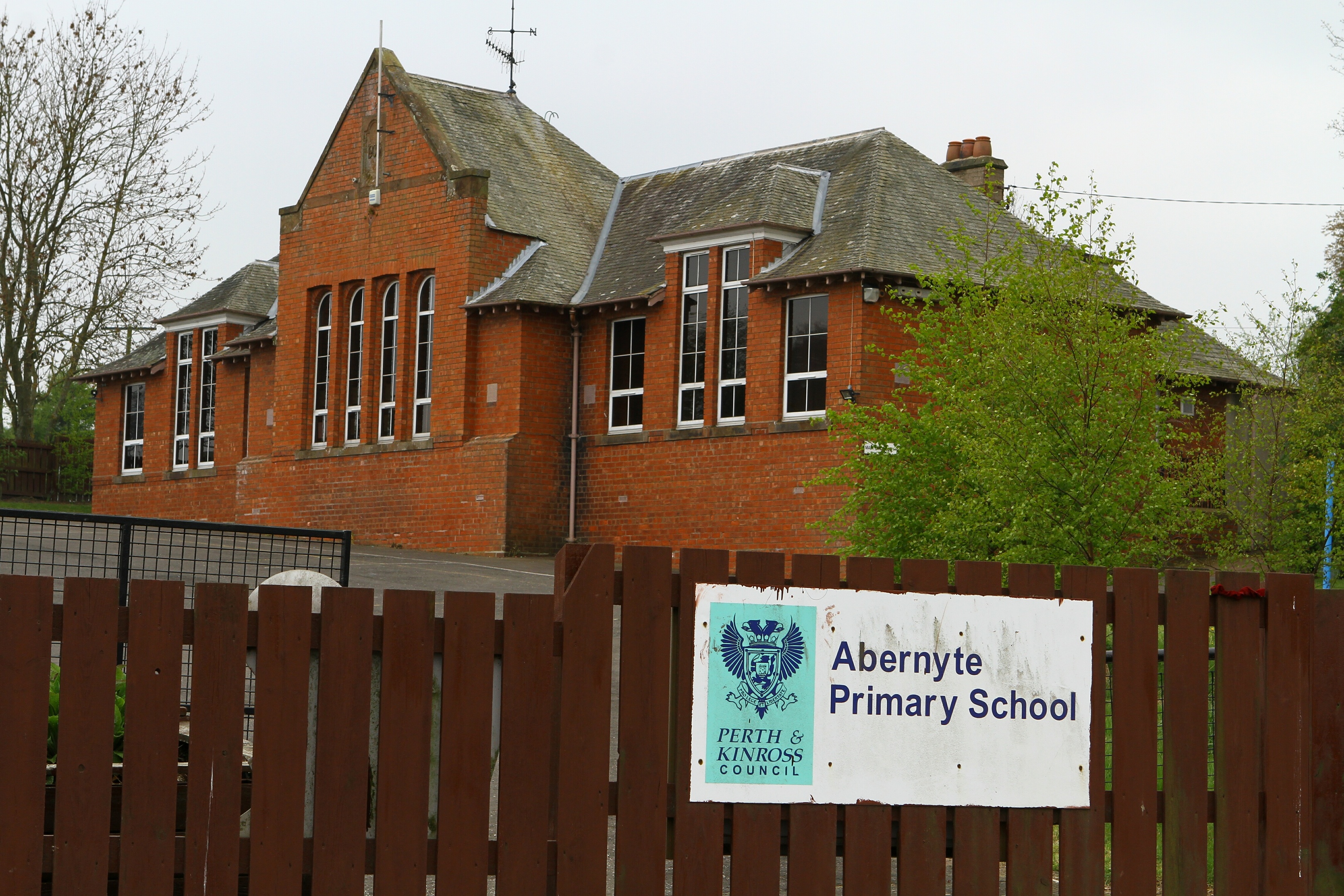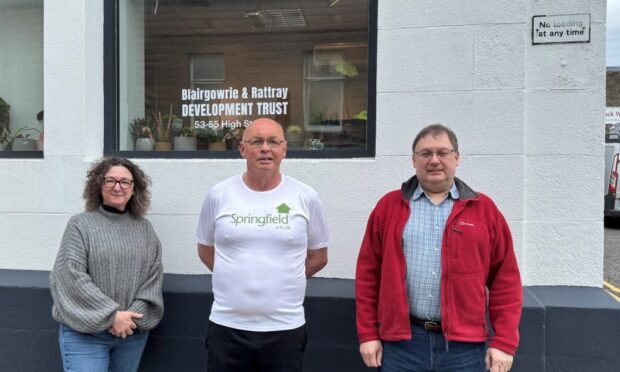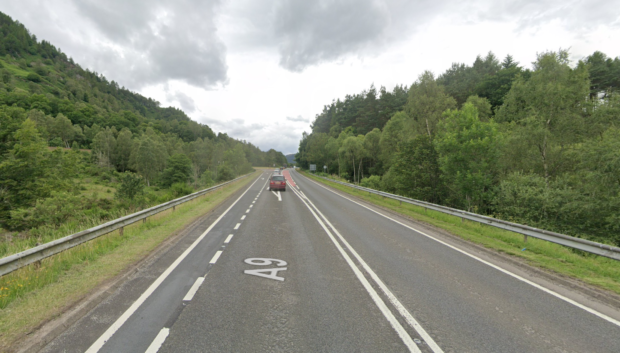Parents in the Carse of Gowrie have made a last-ditch attempt to save their rural school from closure.
A list of reasons to protect Abernyte Primary School was submitted to Education Scotland and Perth and Kinross Council this week, as a consultation on plans to close it drew to a close on Friday.
The decision to start statutory consultation to shut the school was made in August. The lifelong learning committee was deadlocked before the deciding vote to push through the proposals was cast by education convener Caroline Shiers.
An objection submitted by Abernyte Community Interest Company said the school is a hub of village life and the whole community, not just pupils, will be affected by its closure.
“The community of Abernyte has fought hard in the last 50 years or so to maintain cohesion and identity,” it said.
“It wants to remain a village-based community, not a dormitory settlement.
“The sustainability and the spirit of the community has been maintained by the efforts of the people of Abernyte and the activities they promote in the community. The school plays a vital role as a hub for these activities and the potential loss of the community’s access to and use of the buildings, grounds and facilities will have a very adverse impact on the sustainability of the community.”
Education bosses said a dwindling roll had left the school unsustainable.
The closure plan is part of a wider education estate shake-up, which is considering the future of ageing primaries that are under capacity.
If the plans are approved, the school could shut as early as July 1 2020. Pupils will then go to Inchture Primary, three and a half miles away.
Abernyte Primary School Parent Council chairman Gerard McGoldrick said the school roll is expected to increase in the coming years.
“There are three families who would love to send their children to Abernyte when they are older but they are put off by the threat of closure,” he said.
“Closing the school is also taking away the option of placement requests for parents who live outside of Abernyte but want to send their children to a rural school for the educational benefits.”
Mr McGoldrick is hopeful the Scottish Government will step in to prevent the closure, due to its policy of protecting rural schools.
He added: “I’m hoping that it won’t get to that stage but I am hopeful that if it does come to it Scottish ministers will step in.
“The council gets extra funding for rural schools so if the pupil numbers increased to as little as 13 it would be sustainable to run. It would be much more beneficial for them to put some work into growing the school rather than closing it.”
The consultation will now be assessed by Education Scotland and council officials. It can be called in for review by Scottish ministers at any time. If that does not happen, the findings will be reported to the council’s lifelong learning committee in May.










